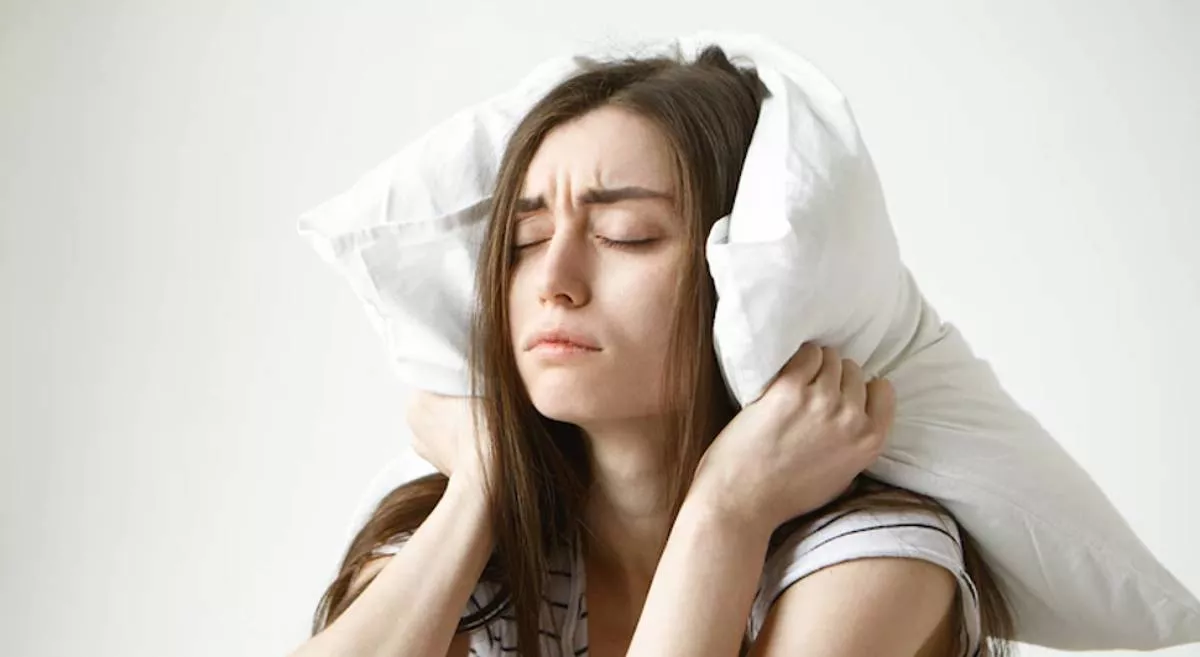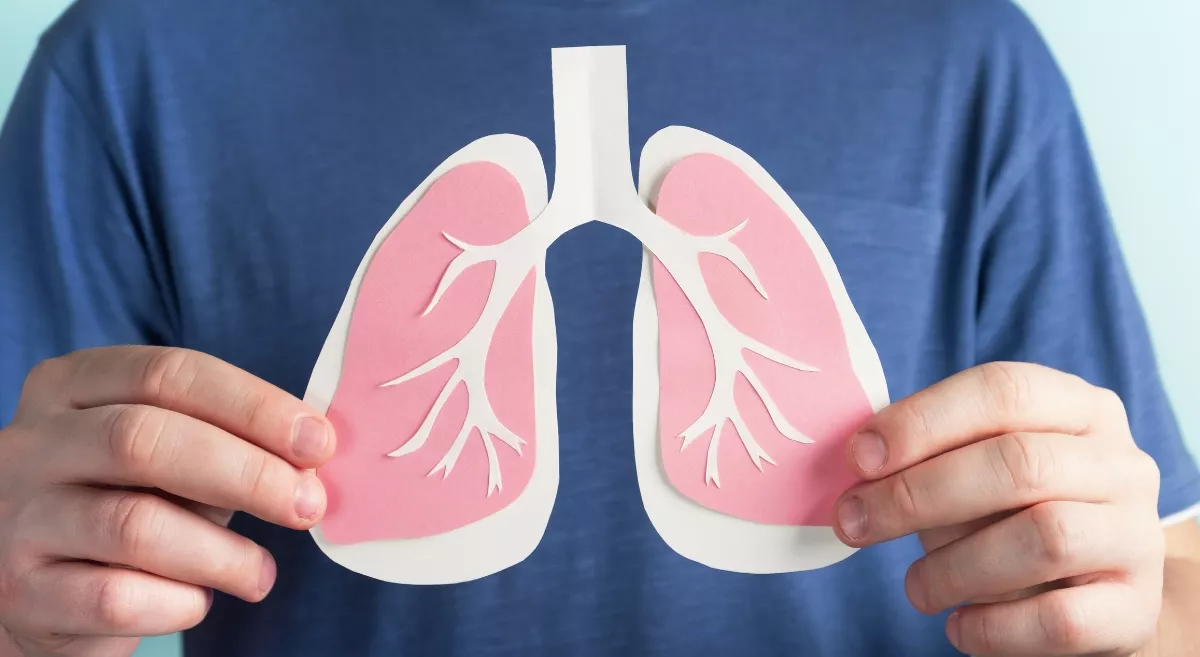Sleep disorders are becoming more common in today's fast-paced world, having a significant impact on our overall health and well-being. Understanding the concept of sleep hygiene is critical for maintaining a healthy sleep routine. If sleep-related issues persist, consulting an Internal Medicine Hospital in Hebbal Bangalore can help identify underlying health conditions that may be affecting your rest.
What is Sleep Hygiene?
Sleep hygiene includes several key components that contribute to a restful and rejuvenating sleep experience. To begin, keeping a consistent sleep schedule is critical because it regulates our internal body clock and improves the quality of our sleep. Creating a sleep-friendly environment is equally important, with factors such as darkness, quietness, and comfort all playing a role. Avoiding stimulants such as caffeine and electronic devices before bedtime promotes better sleep quality. Relaxation techniques, such as deep breathing or meditation, help to unwind the mind and prepare for sleep. Having a bedtime routine tells our bodies that it's time to sleep, making it easier to fall asleep and wake up refreshed. Finally, regular exercise has been shown to improve sleep quality, so incorporating physical activity into our daily routine is vital. There are numerous advantages to practising good sleep hygiene. It improves our overall sleep quality, which leads to better daytime alertness, concentration, and mood. It also strengthens our immdiseases andowers our risk of chronic diseases and promotes optimal cognitive function.
Common Sleep Disorders
Sleep disorders affect a large proportion of the population, making it critical to comprehend their causes, symptoms, and treatment options. Insomnia, sleep apnea, narcolepsy, restless legs syndrome (RLS), and parasomnias are some of the most common sleep disorders. Consulting experienced General Physicians in Hebbal Bangalore can help diagnose these conditions early and recommend effective management strategies.
1. Insomnia is defined by difficulty getting to sleep or remaining asleep. It can be caused by a variety of factors, such as stress, anxiety, or medical conditions. Cognitive behavioural therapy and relaxation techniques are effective insomnia management strategies.
2. Sleep apnea is a condition in which breathing is repeatedly disrupted while sleeping. It can have serious health consequences if not treated. Continuous positive airway pressure (CPAP) therapy, lifestyle changes, and weight management are all common treatments for sleep apnea.
3. Narcolepsy is a neurological disorder that causes excessive daytime sleepiness and fits of sleep. Narcolepsy coping mechanisms may include scheduled naps, medication, and lifestyle changes.
4. Restless Legs Syndrome (RLS) is characterised by unpleasant sensations and an irresistible urge to move the legs, which frequently disrupts sleep. RLS symptoms can be reduced with lifestyle changes such as regular exercise and avoiding triggers such as caffeine.
5. Parasomnias are characterised by abnormal sleep behaviours such as sleepwalking or night terrors. Managing parasomnias may entail creating a safe sleeping environment as well as addressing underlying causes.
Impact of Poor Sleep on Health
Inadequate sleep can have serious consequences for both physical and mental health. Chronic sleep deprivation raises the risk of cardiovascular disease, diabetes, obesity, and mental health disorders like anxiety and depression. Furthermore, sleep is important for cognitive function, memory consolidation, and overall productivity. Prioritizing sleep hygiene and treating sleep disorders is critical for overall health and well-being.
Seeking Professional Help
If you suspect you have a sleep disorder, you should seek professional help right away to ensure an accurate diagnosis and effective treatment. A thorough overview and appropriate guidance can be provided by sleep specialists or doctors specialising in sleep medicine.
Tips for Better Sleep Hygiene
Here are some actionable tips to improve your sleep hygiene that you can incorporate into your daily routine:
1. Set and stick to a regular bedtime routine.
2. Create a dark, quiet, and comfortable sleeping environment.
3. Create a soothing bedtime routine to alert your body that it is time to sleep.
4. Avoid using electronics or engaging in stimulating activities before going to bed.
5. Stress can be managed using techniques such as deep breathing or meditation.
6. Limit caffeine and alcohol consumption, especially near bedtime.
Sleep disorders have a significant impact on our overall quality of life and productivity. Understanding the significance of sleep hygiene and recognising common sleep disorders are critical first steps towards bettering our sleep health. We can reap the restorative benefits of quality sleep by prioritising it, seeking professional assistance when necessary, and implementing effective sleep hygiene practices. Remember that getting a good night's sleep is essential for living a happier, healthier life.











